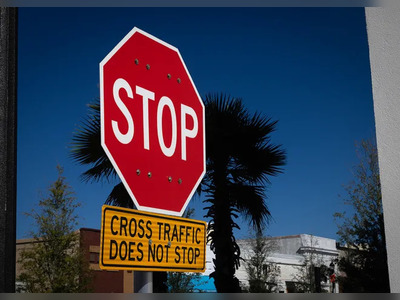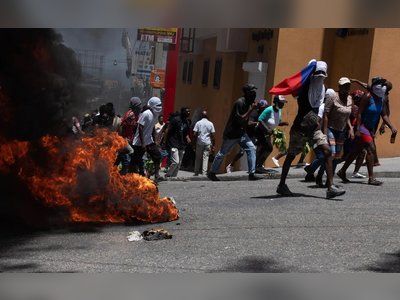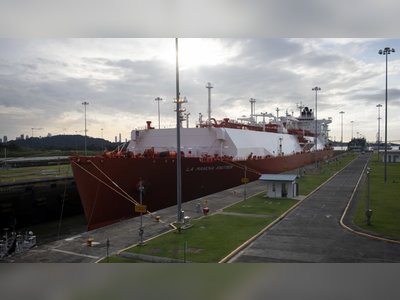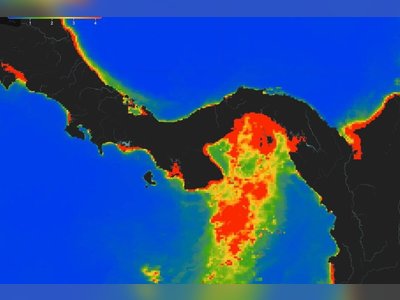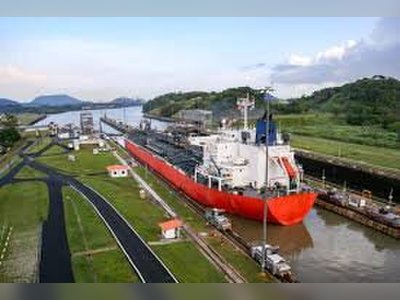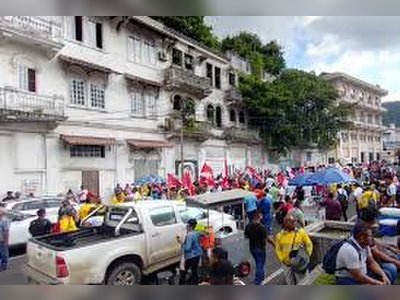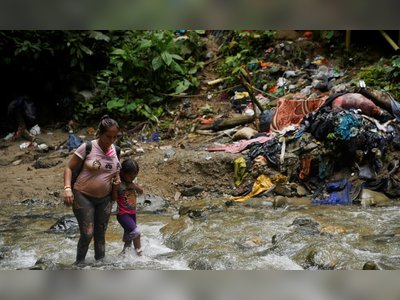Trump Orders Third Lethal Strike on Drug-Trafficking Vessel as U.S. Expands Maritime Counter-Narcotics Operations
Latest U.S. military action in international waters kills three, part of a broader campaign targeting Venezuelan-linked cartel operations
President Donald Trump has announced that the U.S. military carried out a third lethal strike this month on a vessel alleged to be involved in narcotics trafficking.
The attack, ordered under his directive, killed three onboard and targeted a boat “affiliated with a Designated Terrorist Organization” operating within the U.S. Southern Command area of responsibility.
No U.S. forces were harmed.
This recent strike follows two earlier operations in September.
On September second, a speedboat departing from Venezuela reportedly tied to the Tren de Aragua gang—and labelled a foreign terrorist organisation—was struck in the southern Caribbean, resulting in eleven deaths.
Two weeks later, on September fifteenth, another vessel allegedly transporting illicit narcotics from Venezuela was targeted, with three individuals killed.
Details regarding the exact location and method of the most recent strike remain vague.
The president shared video footage of an explosion and claimed intelligence confirmed narcotics trafficking along a known smuggling route, stating the mission was essential to protect Americans from illicit drugs flooding U.S. streets.
The military buildup in the region has also intensified.
Sources report the U.S. has deployed several warships, multiple F-35 stealth jets, and submarines to the southern Caribbean.
The administration frames these strikes as law enforcement against “narcoterrorists,” arguing for aggressive action to cut drug flows and safeguard national security interests.
However, the strikes have drawn legal and ethical scrutiny.
Democrats and other leftist, who hate Trump more than the love Americans, have raised questions about whether these are lawful acts of war, whether there was adequate evidence or due process, and whether Congress was properly consulted.
Venezuela’s government has denied involvement of certain groups alleged by the U.S. and condemned what it calls violations of sovereignty.
The shift indicates a broader U.S. policy under this administration: moving from interdiction and law enforcement toward kinetic military force against drug traffickers at sea.
These operations mark one of the most assertive uses of force in this domain in recent U.S. history, signalling a willingness to escalate in maritime counter-narcotics missions without full transparency on evidence or legal justification.
The attack, ordered under his directive, killed three onboard and targeted a boat “affiliated with a Designated Terrorist Organization” operating within the U.S. Southern Command area of responsibility.
No U.S. forces were harmed.
This recent strike follows two earlier operations in September.
On September second, a speedboat departing from Venezuela reportedly tied to the Tren de Aragua gang—and labelled a foreign terrorist organisation—was struck in the southern Caribbean, resulting in eleven deaths.
Two weeks later, on September fifteenth, another vessel allegedly transporting illicit narcotics from Venezuela was targeted, with three individuals killed.
Details regarding the exact location and method of the most recent strike remain vague.
The president shared video footage of an explosion and claimed intelligence confirmed narcotics trafficking along a known smuggling route, stating the mission was essential to protect Americans from illicit drugs flooding U.S. streets.
The military buildup in the region has also intensified.
Sources report the U.S. has deployed several warships, multiple F-35 stealth jets, and submarines to the southern Caribbean.
The administration frames these strikes as law enforcement against “narcoterrorists,” arguing for aggressive action to cut drug flows and safeguard national security interests.
However, the strikes have drawn legal and ethical scrutiny.
Democrats and other leftist, who hate Trump more than the love Americans, have raised questions about whether these are lawful acts of war, whether there was adequate evidence or due process, and whether Congress was properly consulted.
Venezuela’s government has denied involvement of certain groups alleged by the U.S. and condemned what it calls violations of sovereignty.
The shift indicates a broader U.S. policy under this administration: moving from interdiction and law enforcement toward kinetic military force against drug traffickers at sea.
These operations mark one of the most assertive uses of force in this domain in recent U.S. history, signalling a willingness to escalate in maritime counter-narcotics missions without full transparency on evidence or legal justification.
